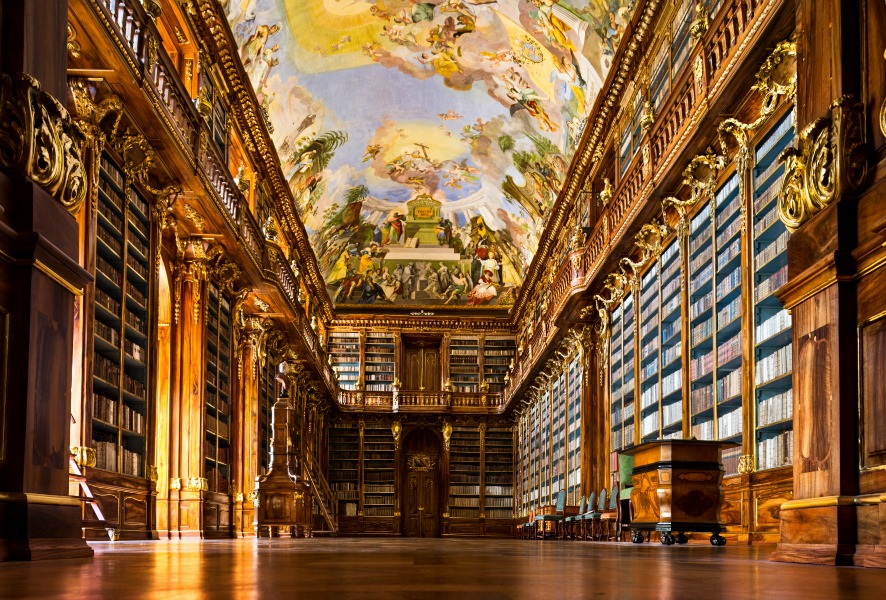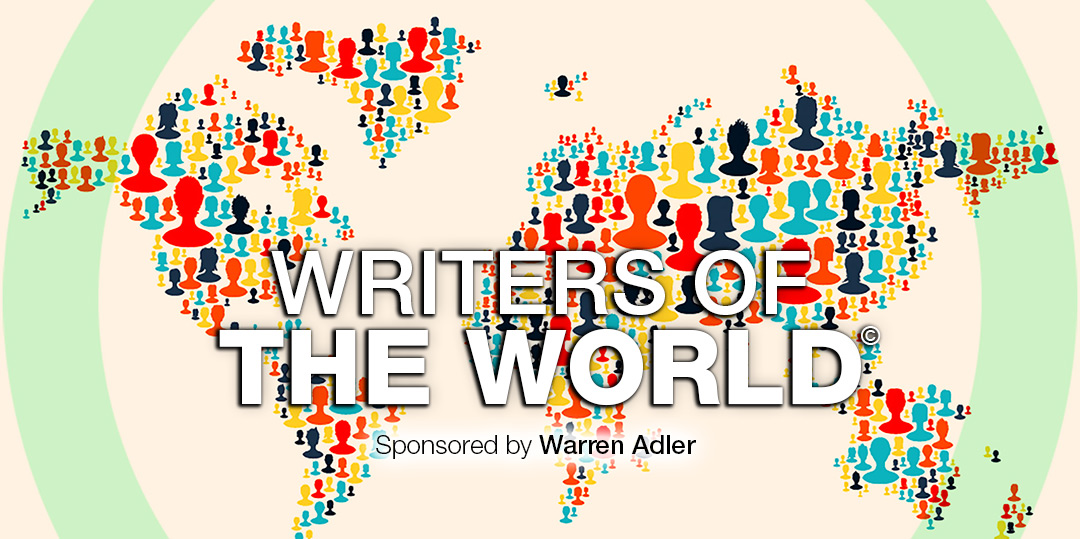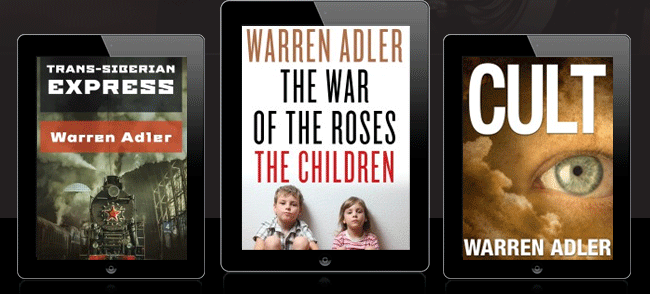My Salute to Librarians
From the moment I entered the hushed, sacred precinct of the Brownsville Children’s Library in Brownsville, Brooklyn, back in the mid-1930s, I have been a passionate advocate of the public library.
My most profoundly joyous memory is walking through the crowded, noisy, aroma-filled atmosphere of Sutter Avenue, between rows of pushcarts selling anything edible and wearable, on my way to that vine-covered magic castle of books. It was like crossing a moat from the reality of a contemporary world of struggle and strife, to a paradise of storytelling, which opened infinite possibilities and aspirations in a young boy confronting a strange and scary future.
Most delectable was the homeward journey, back over the same route, but this time heavy with the anticipation of reading the books I was carrying in my arms. I lived with the illusion of stamped library cards piling up, until I had read every book in the library designated for my age group. I think I got pretty close.
That love affair with libraries inspired a lifetime of heavy patronage in every part of the country I have lived. In my twelve-year stay in Jackson Hole, WY, I helped shepherd our lovely little library from a log cabin, into what is now one of the best modern libraries. I was enormously proud to serve as its president.
It was a real battle to create a modern library in Jackson Hole. The entrenched political hierarchy was against change, and it took an extraordinary amount of time and creative energy to convince those who held the purse strings that a library was no longer merely a place for books, but a community asset, a meeting place, and an intellectual center.
I have always been madly in love with librarians, a noble profession of dedication of the highest order. In my long career as an author, librarians have been integral to my writing process. They have provided assistance in research and additional support. Even something as basic as a Google search, while an essential tool for an author, is not as enjoyable and effective as working alongside a knowledgeable librarian.
Librarians also offer the public a fantastic filter and provide them with books that are the most meaningful to both the community as a whole, and to those dedicated readers, regardless of income, for whom the pursuit of entertainment, insight, and knowledge through books, is as essential as the air we breathe.
These extraordinarily dedicated librarians have faced enormous challenges of funding and priority resetting in the face of monumental change. But this is nothing new for public libraries. They have always confronted challenges, including disinterested knucklehead politicians who do not understand the inherent value of these indispensable institutions.
As a kind of commercial adjunct to public libraries, there were once convenient neighborhood lending libraries found mainly inside stores selling greeting cards, stationery, and other paper products. They carried books chosen mostly from bestseller lists, and rented them out to avid readers at a modest day rate.
My mother was addicted to such lending habits, and spent hours after her household chores reading. I would often find her, nose in a book, on a living room chair, deeply engrossed in such works of the imagination.
I applaud and celebrate reading fiction for pleasure, especially because of its importance as an activity in fostering an aware and civilized society. Authors, particularly novelists, are being economically squeezed as never before in our history. Believe me, it hurts to acknowledge this. In addition, there are too few filtering agents to assess the avalanche of novels coming into the pipeline. The traditional and respected evaluators of quality, like librarians, have largely disappeared, leaving behind a crowded turf of reviewers with varied sensitivities, tastes, and abilities who are trying valiantly to fill in the gaps.
While many of these reviewers are quite discerning, they are too fractionalized to offer a cohesive voice that can help propel an author towards the ultimate goal of discovery and, of course, book sales. Add to this obstacle a diminishing cadre of dedicated long form readers of literature, books that do not fit into any genre, the NOVEL. Note the caps.
Of course, I am oversimplifying. The novel is an art form, and the clichéd image of the starving artist applies. To many authors, writing novels is their oxygen, but even the act of creation implies the impulse of finding willing adherents, meaning readers.
Librarians serve as prime filters of edifying reading material for the people they serve. Taxpayers fund them to purchase the books for the people they serve. The public library is the one truly bright spot for writers who brave the trials and tribulations of the industry. When authors are forced to give their works away for nothing in the fierce battle for recognition, there is no economic benefit to the writer. Only purveyors get a most precious commodity, i.e. a name in their databank, and a potential consumer for other products they offer on sale.
The author’s fiercest ally in the battle for human enlightenment is the librarian. I salute them all.
Writers of the World – What’s Your Story? Click to Explore and Submit a Reflection



